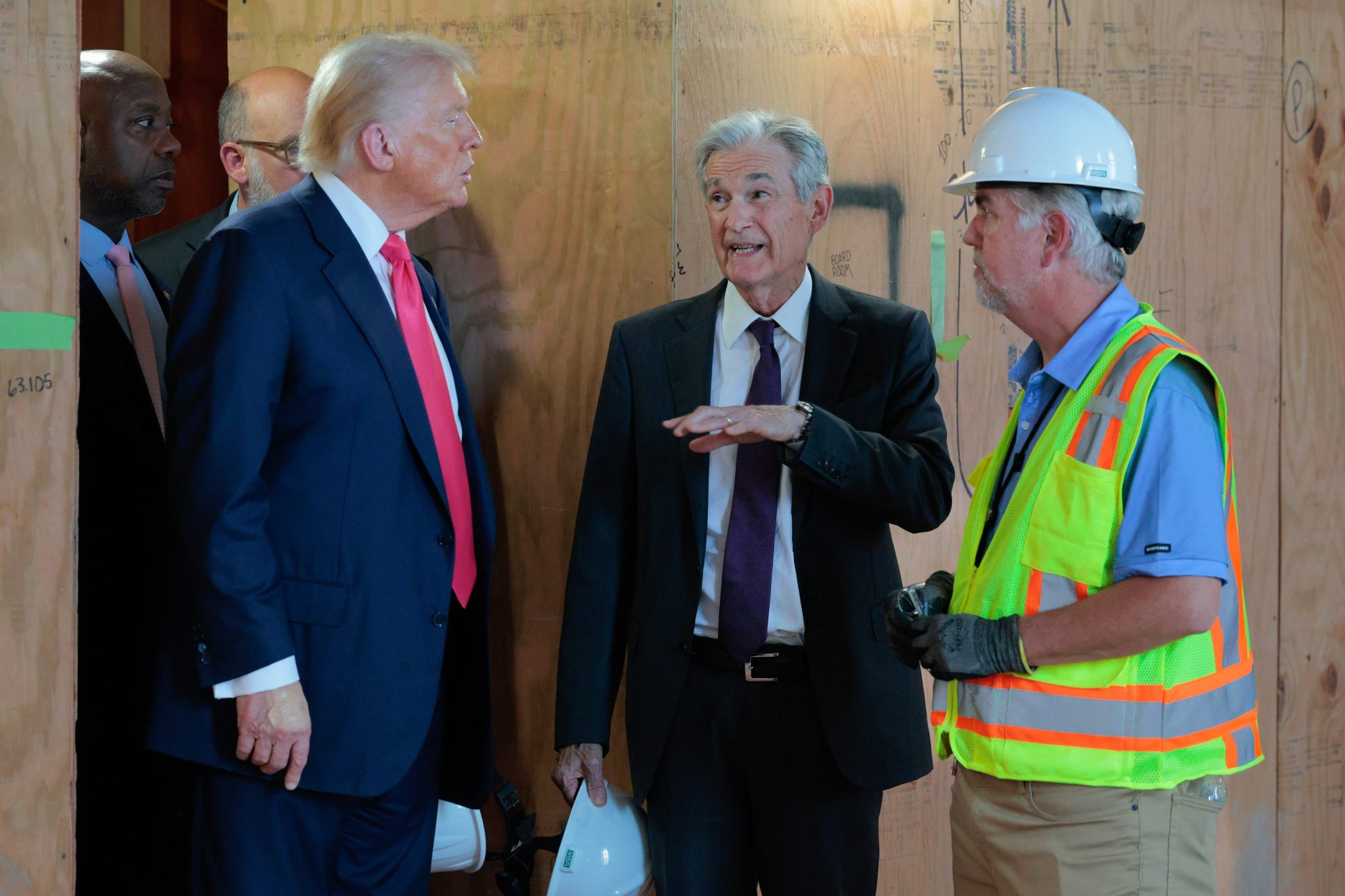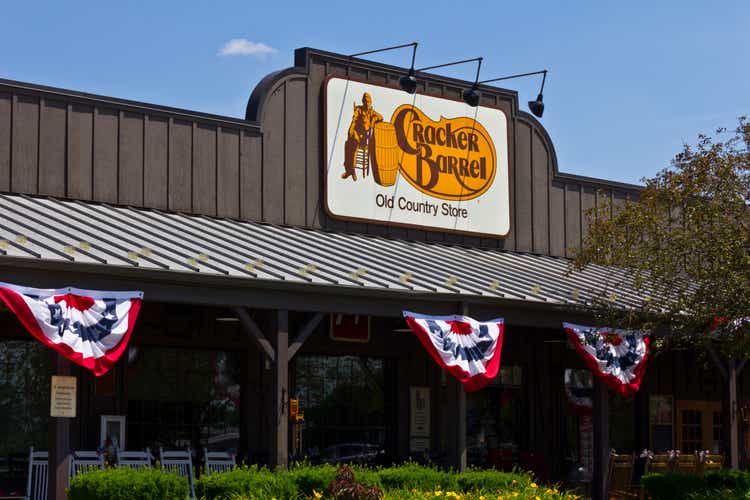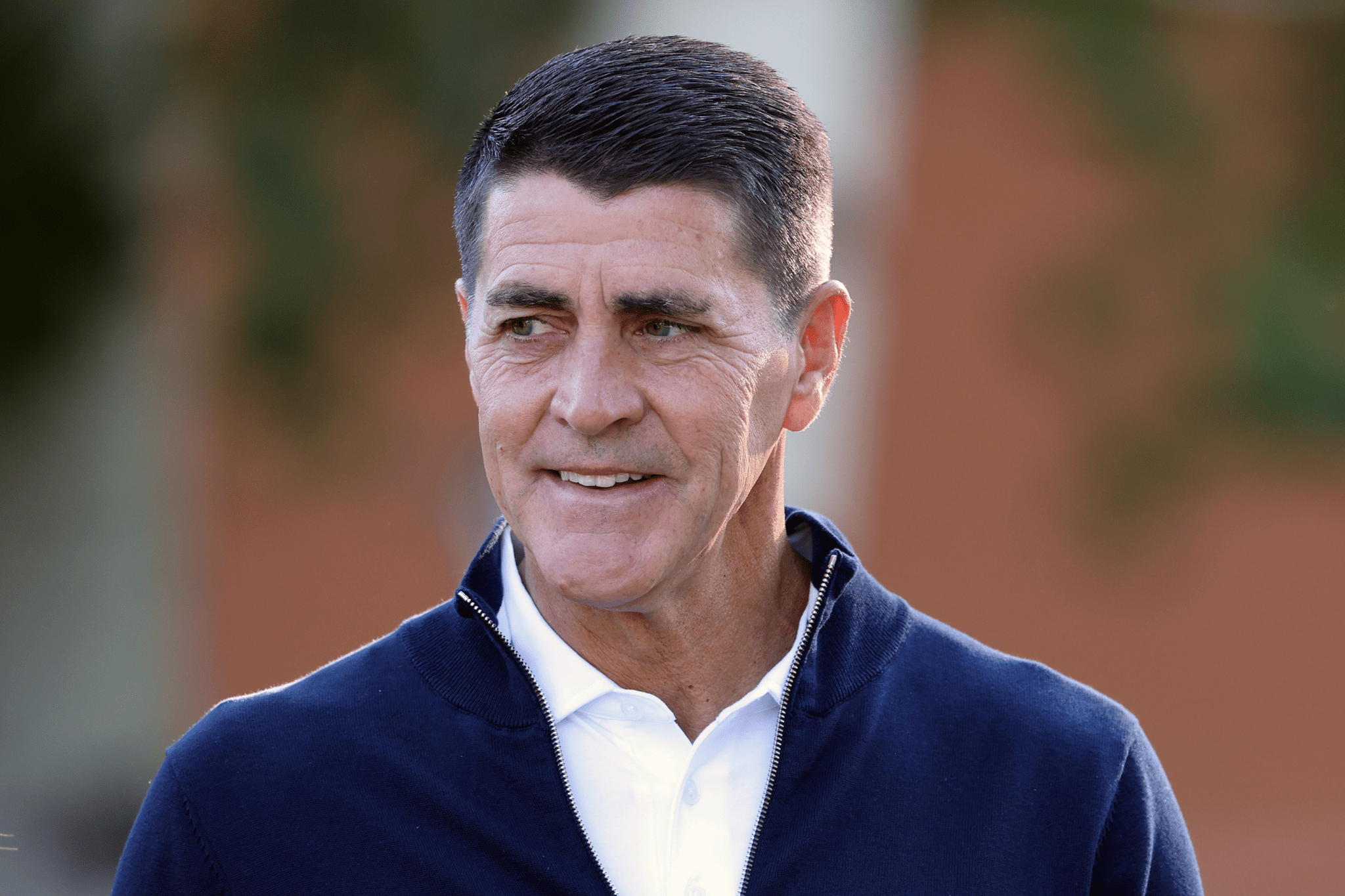Prime Minister KP Sharma Oli resigned from office on September 9, 2025, after widespread and deadly "Gen Z" protests, triggered by a social media ban and simmering grievances over corruption and economic stagnation, spiraled out of control. At least 19 protesters have died and hundreds suffered injuries in clashes with security forces as demonstrations intensified across the country.
Social Media Ban Sparks Generation-Z Backlash
On September 4, Nepal imposed a ban on 26 major social platforms - Facebook, X, WhatsApp, YouTube among others, citing non-compliance with local registration requirements. Gen-Z demonstrators mobilized swiftly, viewing the blackout as an attack on freedom of expression, and broader frustration over endemic corruption and lackluster economic prospects.
Residences targeted, airport shut
On September 8, thousands of youthful protesters converged at key locations such as Maitighar Mandala and outside the federal Parliament. The situation devolved into chaos as demonstrators attempted to storm the building. Security forces used tear gas, water cannons, rubber bullets, and live ammunition. At least 19 people were killed—most in Kathmandu, with some victims also in Itahari and over 100 were injured.
Cabinet resignations amid unrest
Following the mounting backlash, on Monday evening, the government lifted the social media ban. Communications Minister Prithvi Subba Gurung confirmed the rollback, saying it aimed to accommodate the demands of youth.
Meanwhile, the Home Minister Ramesh Lekhak and Agriculture Minister Ram Nath Adhikari resigned, condemning the crackdown. Health Minister Pradip Paudel also joined the exodus.
PM Resignation, Arson and Emergency Actions
Despite rescinding the ban, protests persisted. Demonstrators torched the private residences of Prime Minister Oli—both homes in Balkot, Bhaktapur—as well as those of President Ram Chandra Poudel, former Premiers like Sher Bahadur Deuba and Pushpa Kamal Dahal, and other cabinet members. The Nepali Congress headquarters was also set ablaze.
Kathmandu's Tribhuvan International Airport was shut down and all flights canceled as authorities cited unprecedented security threats. In the face of intensifying pressure, Prime Minister Oli submitted his resignation on September 9, as confirmed by his aide.
While the ban's reversal removed an immediate trigger, the protests appear driven by deeper generational frustrations—corruption, political stagnation, and economic inertia.

 6 hours ago
1
6 hours ago
1


















 English (US) ·
English (US) ·